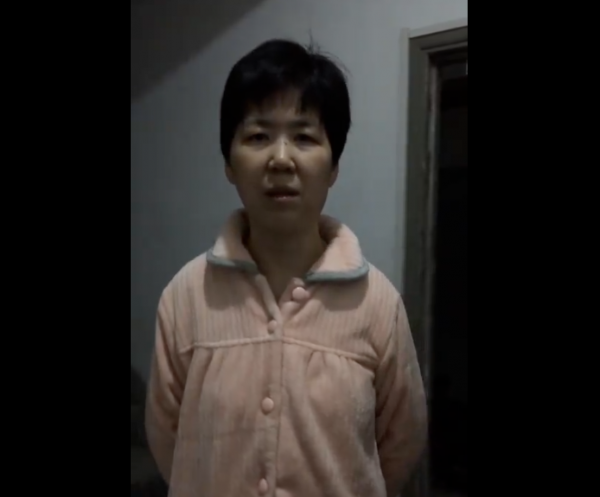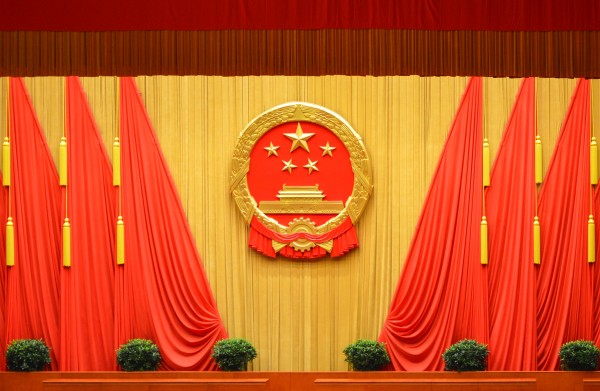In a letter to U.S. President Barack Obama on the occasion of his official visit to Asia, the International Press Institute (IPI), the Vienna-based global network of editors, journalists and media executives dedicated to media freedom, highlighted the importance of press freedom and freedom of expression, not only as a universal human right, but also as an element of economic stability.
Economic growth is expected to be one of the main issues of discussion during Obama’s trip to Asia.
“Any discourse about economic growth needs to also address issues related to media freedom and independent reporting, in particular since some of the countries you will be visiting have little or no respect for freedom of the media,” the letter, signed by IPI Director David Dadge, stated.
The close correlation between press freedom and the various dimensions of sustainable development, poverty and governance has been highlighted by different independent studies, carried out by the World Bank and UNESCO, among other respected institutions.
Speaking at the 2001 IPI World Congress, the renowned Indian economist and Nobel laureate Amartya Sen explained how the Chinese famine of 1958-61, in which between 23 and 30 million people died, occurred despite the fact that the Chinese government was committed to eliminating hunger in the country. The absence of a free and independent press led the central government to believe for many years that its economic plan was working, when in fact millions of people were starving.
“The information that is lost because of censorship of the press by an authoritarian government can devastatingly mislead the government itself,” Amartya Sen told participants at the IPI World Congress.
Similar stories apply to other major famines, such as the Soviet famines in the 1930s, the Cambodian famines in the 1970s and the more recent famines in North Korea.
Similarly, the disastrous consequences of the 2008 earthquake that hit China’s Sichuan province, killing more than 80,000 people and rendering five million homeless, were greatly exacerbated by a poor infrastructure which investigative journalism might have exposed.
After the earthquake, Huang Qi, founder of the website www.64tianwang.com, was jailed for publishing articles critical of the government’s response to the earthquake. Huang remains in prison, together with at least 50 bloggers and 30 journalists throughout China, according to rights groups.
Only this year, at least ten bloggers and journalists were placed behind bars by the Chinese authorities as a consequence of their writing.
Indeed, China is not the only country in the region which suppresses press freedom. Asia has a number of repressive governments. It is therefore important that democracies such as Japan and South Korea use their political and economic power to bring about greater freedom of expression in the countries they have the power to influence.
“A free, investigative press plays a fundamental role in the exposure of corruption, which heavily affects the economic performance of many Asian countries. Unfortunately, investigative journalists in Asia are too often either jailed or killed, while the perpetrators of such crimes remain at large,” IPI said in the letter.


